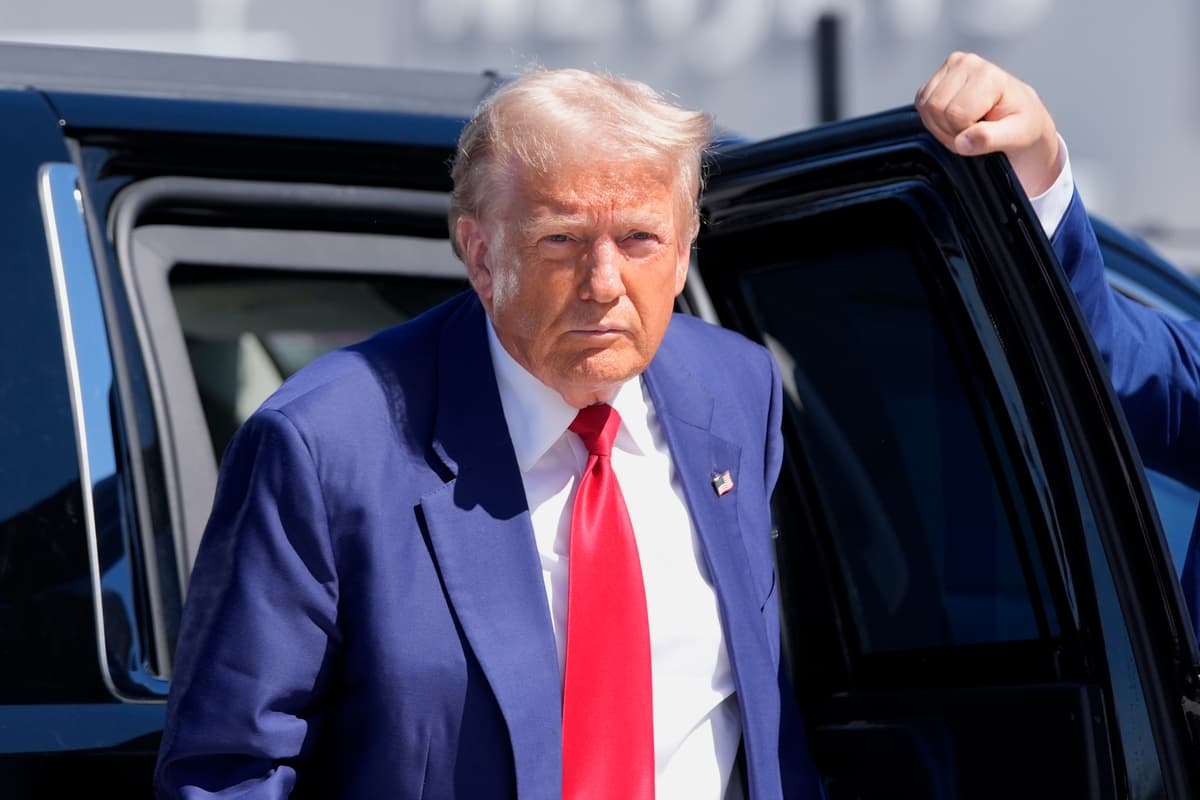If Trump Loses the Election, Jack Smith, Hostile Judges, and Prison Would Loom Amid Grim Legal Prospects
A win for the 45th president, though, would deliver the protections from prosecution afforded a president.

For President Trump, next week’s election could be a moment where two roads diverge — one leads to the White House, and the other, possibly, to the big house.
As the 45th president’s contest with Vice President Harris appears set to conclude in a photographic finish, the criminal cases against Trump are chugging along toward trial. The months of November and December are marbled with litigation deadlines. The most important one of all, though, is January 20.
A login link has been sent to
Enter your email to read this article.
Get 2 free articles when you subscribe.

